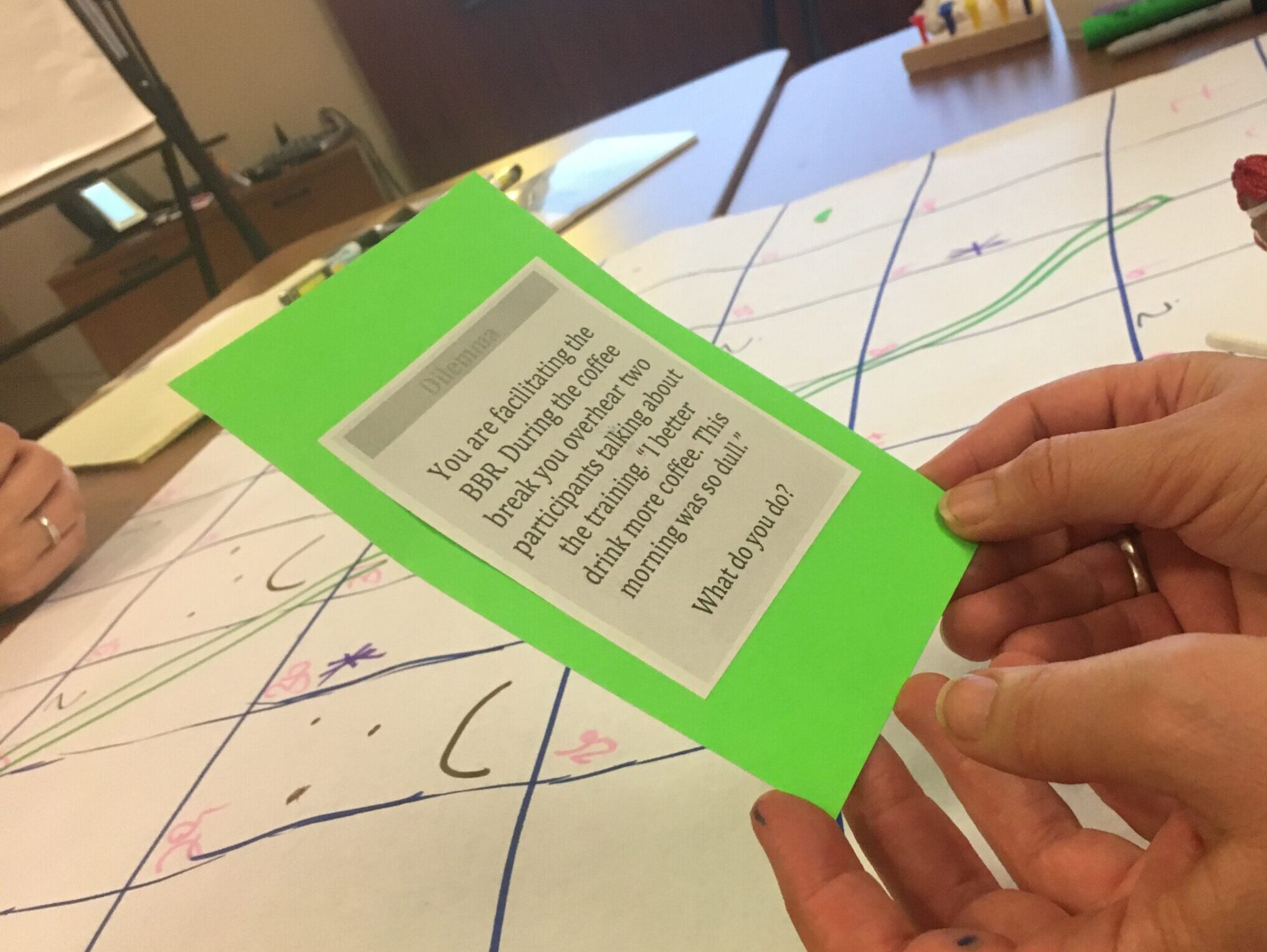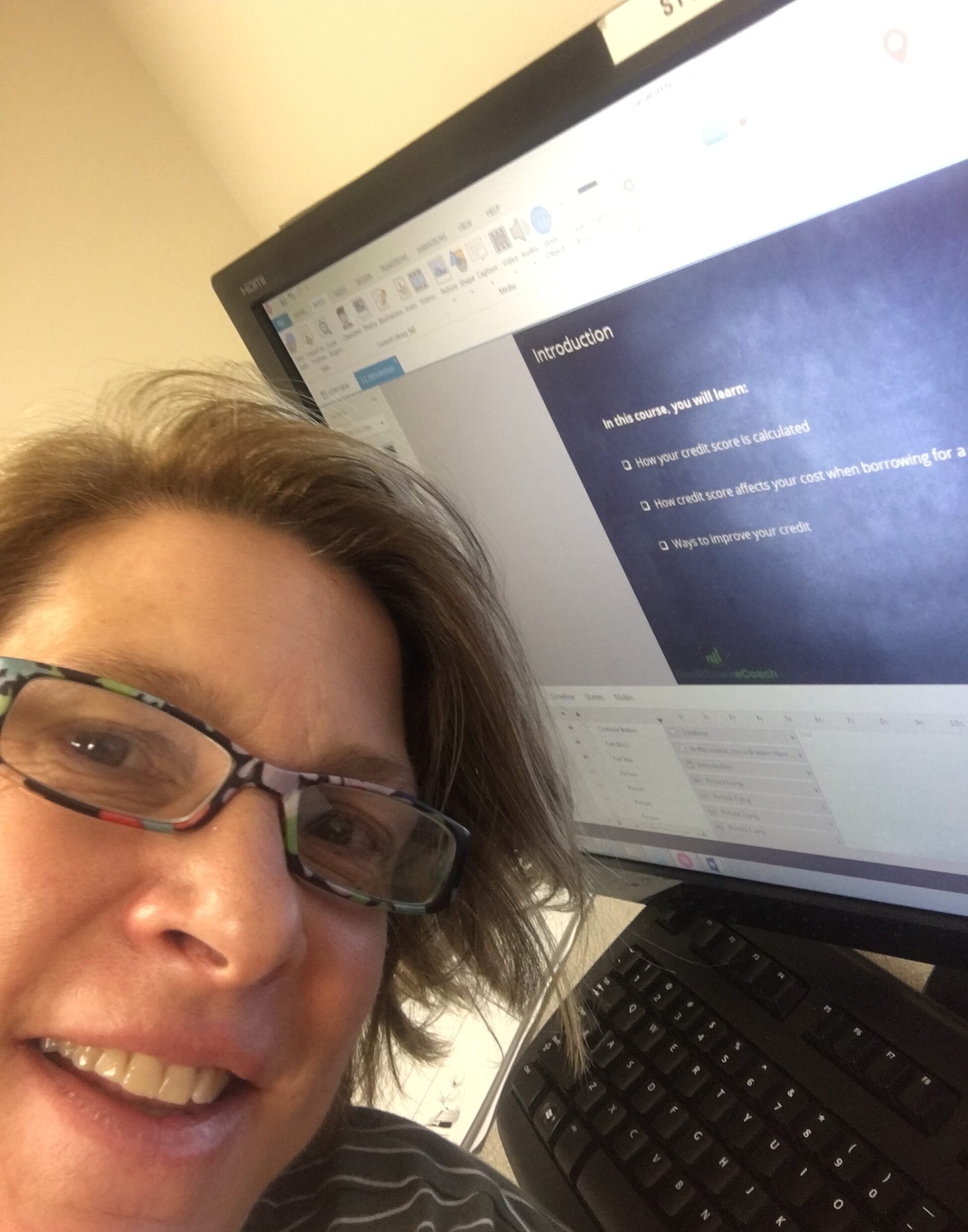Need to Know, Nice to Know
Where do you do your best thinking?
In the shower? At the gym? In the checkout line at Whole Foods?
No matter when or where your creativity sparks, it’s important to capture your ideas so you can create engaging and effective learning programs.
When you’re an expert in your field, it can be tempting to pack your webinar and your course with everything you know.
But smart course designers realize that it’s not enough to simply churn out a laundry list of topics. You need to be selective, too.
Identifying your core “need to know” content and prioritizing it over other information that’s merely “nice to know” is the first step in developing your signature learning program.
Why?
Because in a live webinar or online course you can have too much of a good thing.
Cram too much information into your learning event, and you run the risk of giving students (and prospective clients) a serious case of information overload.
At the very least, they might exit the webinar or not complete the course.
Worse, learners might be so turned off that they don’t enroll in your other courses, buy your products or services, or hire you for other work.
Let’s say you’re developing a basic course for people new to photography. You’re passionate about the history of the art form and your bookshelves are bulging with biographies of Robert Capa, Annie Leibovitz and other legendary photographers. You can talk a blue streak about lens and editing apps and your Instagram account is ginormous.
Your ideal learner, however, still hasn’t taken her point-and-shoot camera out of the box.
See what I mean?
When you’ve got oodles of ideas, scaling back on your curriculum is a good approach. But you need to make sure you trim the right content.
Skimp on the core learning and your students will leave feeling hungry and unsatisfied.
So, how do you serve up the right content?
The key is to select the essential information and skills practice and deliver it in a way that keeps your students sated.
Ask yourself:
- Does the learner need to know this?
- Is this essential information?
- How will this content help meet my course objectives?
Want some support figuring out your key content so you can develop, launch and sell a course that’s just right for your clients? I’ve spent decades designing courses for clients large and small and I’ve got a proven system to get you in the learning game. Check out “The Launch Pad”, my hybrid coaching + consulting program here. Or contact me for a consult to find out how I can help.



